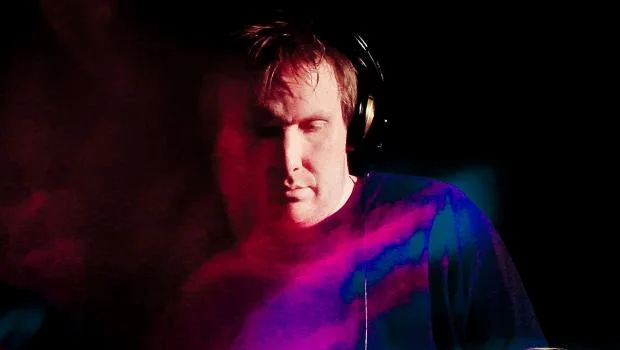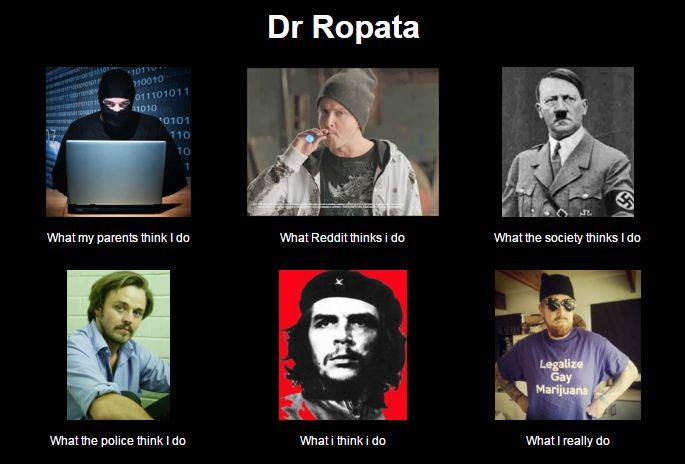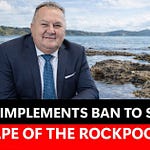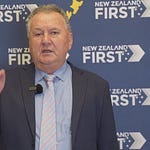A tribute to Oliver Hayes - Olie Bassweight, Dr. Ropata.
New Zealand’s electronic music landscape has lost one of its brightest stars. Oliver Joseph Henry Hayes, known globally as Olie Bassweight, and in the shadowed alleys of the darknet as Dr Ropata, was found dead in his Newtown home on the evening of June 7, 2025. He was just 40 years old. Police were called to his Mansfield Street flat around 7:15 pm and have since launched a full investigation, including a post-mortem to determine the cause of death.
In the wake of his passing, his sister Louise let the world in on the family’s shock and heartbreak, writing that “his light was like no other… it seems something terrible might have happened to him.” Neighbors reportedly heard disturbing sounds the night he died, a chilling detail that deepens the mystery surrounding his sudden departure.
A visionary of sound and spirit
Olie's passion for dubstep stretches back to 2006, and by the early 2010s, he was already leading the charge in New Zealand’s underground scene. With releases on Paradise Lost, Section 8 Records, and his own imprint Bassweight Recordings, his catalogue included notable works like The Ghost in the Machine (2012), The War on Consciousness (2015), and False Idols EP (2021).
But beyond the bass drops and breakdowns, Olie was revered as a mentor, collaborator, and champion of new talent. An anonymous Wellington artist recalled him as “the guy who always had your back, he believed in your mix before you did,” capturing the generosity that so many aligned him with.
He viewed bass music as an art form with expansive potential, not just sonically, but philosophically. His lyrical exploration and event curation carried an undercurrent of spiritual inquiry and shared responsibility, making him beloved by artists and audiences alike.
https://oliebassweight.bandcamp.com/
Dr Ropata: Darknet dissident and political provocateur
This is the part I was hesitant to write about. Many moons ago, it was alleged Olie slipped into anonymity under the persona Dr Ropata, a nod to the iconic Shortland Street character famously played by Temuera Morrison. The name wasn’t just a meme, it was marketing genius and cultural provocation all at once. He allegedly used the moniker to launch a darknet vendor profile, selling to the NZ domestic market with a level of precision, professionalism, and consistency that was rare at the time. You didn’t need to worry about escrow when dealing with the Doctor.
The choice of name sparked national headlines in 2015, after the Sunday Star-Times reported that Dr Ropata had admitted to using “a classic New Zealand character” to market drugs online. He even cited the familiar catchphrases and cultural recognition as part of the strategy. The move quickly drew backlash. Temuera Morrison, through his agent Gabriella Larkin-Bruce, made it clear he had no involvement whatsoever. “He had no awareness of this activity and certainly has no connection with this individual in any way,” she said, adding that both Morrison and his legal team were “shocked and offended” by the unauthorised use of his name. Many laughs were shared.


That kind of heat didn’t seem to bother Olie. To him, the alias wasn’t just a joke, it was layered commentary. The persona of Dr Ropata became something of a folk anti-hero in the NZ darknet scene: part performance art, part civil disobedience. He documented his interactions with law enforcement, exposed suspected honeypot operations and shared harm-reduction messaging when he could. While some entered the darknet for profit or chaos, Dr Ropata brought a strange kind of ethics to it, a philosophy, even. He wasn’t just selling product. He was subverting systems.
This bold duality, producer and provocateur, was what made Olie exceptional. He was unafraid to challenge norms, bridging musical subculture and digital politics with courage and nuance. Dr Ropata wasn’t just a cover name. It was a lens through which he explored identity, state control, trust, and underground resistance
.
Legacy, loss, and a community in mourning
In the days following his death, the tributes have been relentless. Wellington’s tight-knit electronic community speaks of Olie as a natural mentor, fearless, and always trustworthy. His phrase “expert mode” wasn’t an overstatement. It reflected how he lived: with intention, integrity, and creative fire.
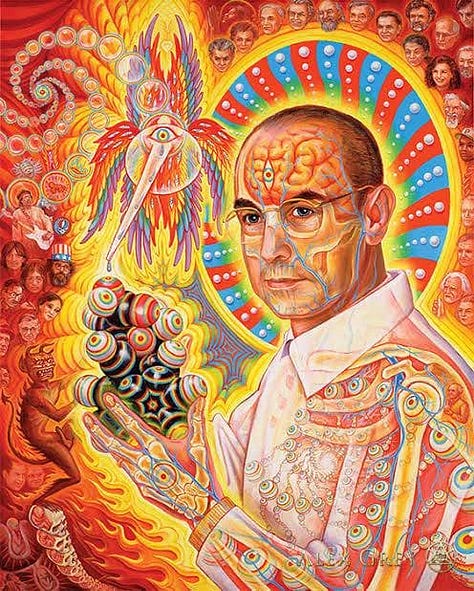
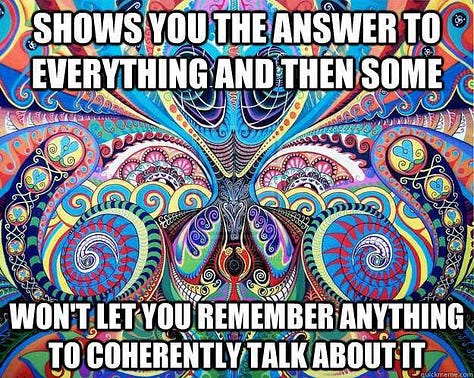
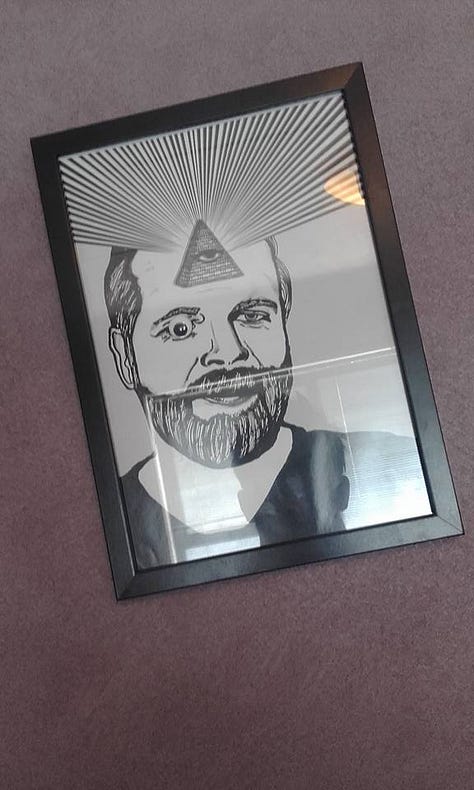
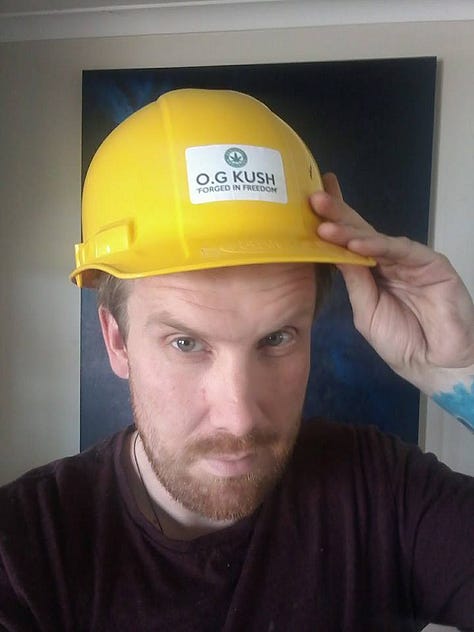


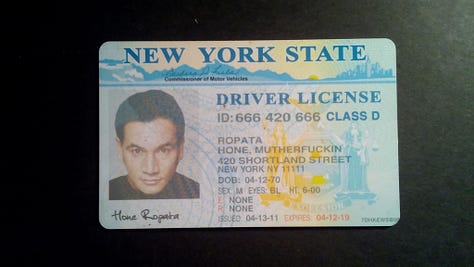
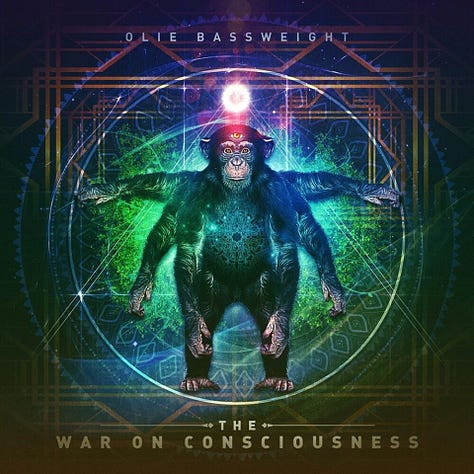

In death and memory
As investigations continue, so too does the ripple of sorrow and remembrance. Festivals, clubs, studios – they all echo with Olie’s influence. His legacy lives on in every bass drop, every late-night DJ session, every young producer inspired by his trust and mentorship and the festival scene throughout NZ. And Dr Ropata’s subversive stance remains an enduring reminder that art can be fierce, defiant, and political all at once.
For now, we remember Oliver Hayes as a luminous figure: highly intelligent, driven, deeply curious, and unfailingly trustworthy. As Louise wrote, “It’s not been a boring life, to say the least.” We hold space for his grief-stricken family, for the questions left unanswered, for the music yet to echo – and for the myth of Dr Ropata, whose story refuses to stay in the dark.
Rest easy, bro.



